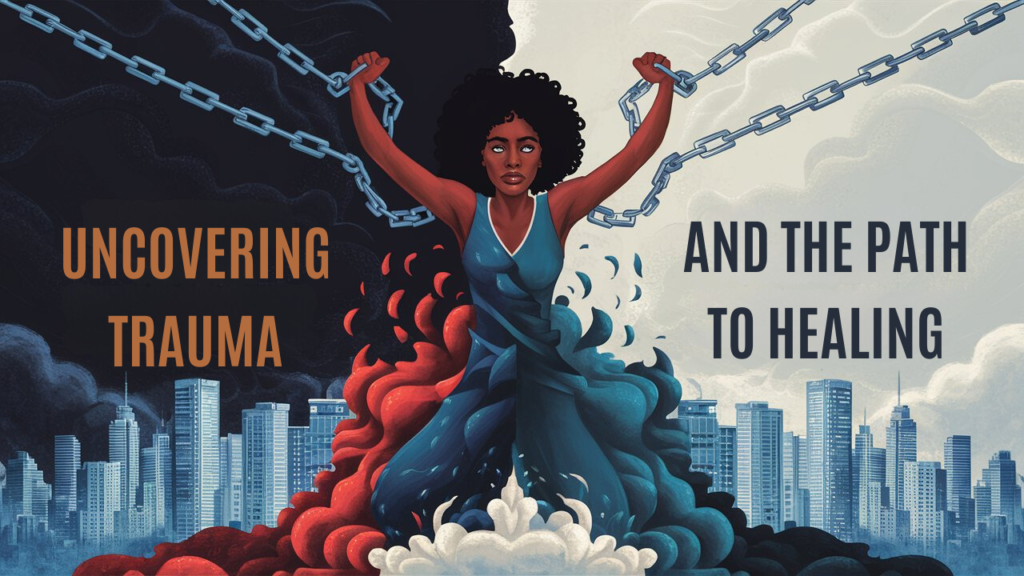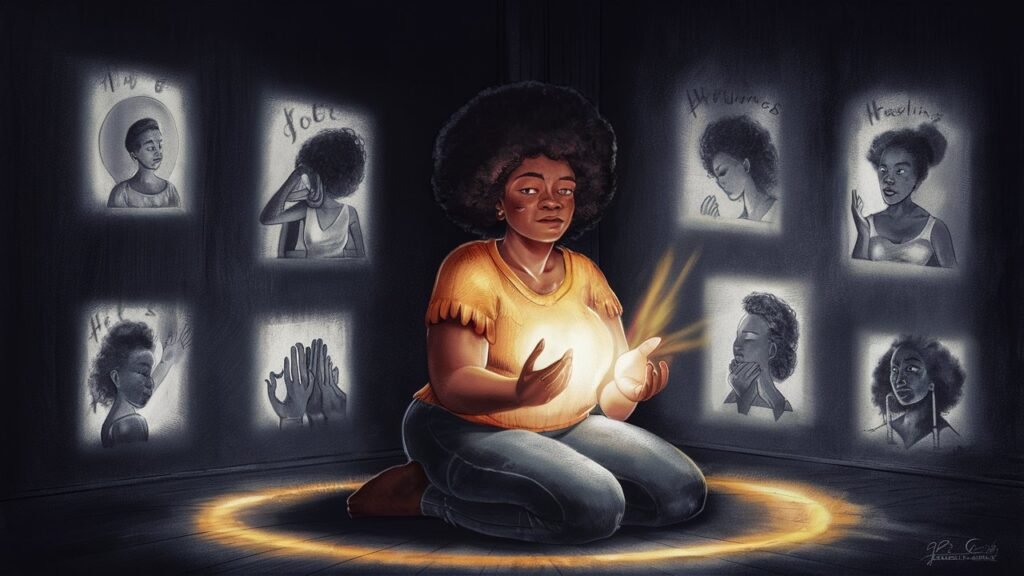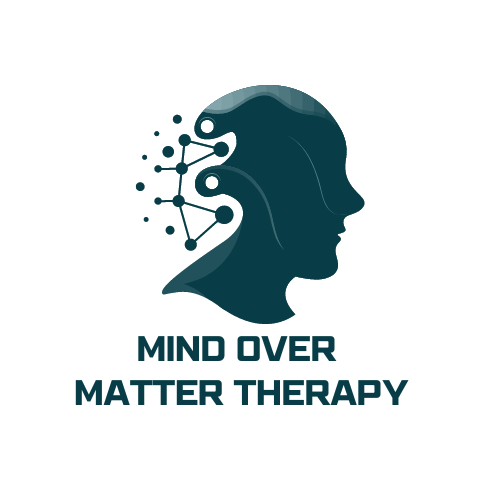Beyond the 'Strong Black Woman' Stereotype: Uncovering Trauma and the Path to Healing

- August 15, 2024
- Dorothy
“I never realized that what I was experiencing was a trauma response; I was always focused on having a plan A, B, C, and D,” says one anonymous client. This sentiment resonates with Jayne Allen’s insights in her book Black Women Must Die Exhausted, where she skillfully depicts the balancing act of managing intense emotions while pursuing success. Across the United States, many Black women encounter similar challenges. The “strong Black woman” stereotype often obscures the true nature of their adversity and trauma, contributing to a notable underdiagnosis of post-traumatic stress disorder (PTSD).
Stress or post-traumatic stress ?
The normalization of adversity can hinder Black women from seeking mental health care. This reluctance to identify personal struggles as problems complicates the process for providers to offer tailored and effective treatment. For example, an anonymous client was misdiagnosed with major depressive disorder because her negative emotions were the focus of the session. She subconsciously overlooked how her struggles with housing insecurity contributed to her issues, concentrating instead on her feelings of inadequacy and hopelessness stemming from not meeting her own high standards.
In the context of cognitive behavioral therapy, intergenerational trauma can profoundly influence deep-seated beliefs about inadequacy and self-worth. This issue extends beyond individual family histories, tracing back to the multi-generational oppression of Africans and their descendants. Dr. Joy DeGruy addresses this disruption in epigenetics in her book Post-Traumatic Slave Syndrome. Although the barriers may be great there is a pathway to change by transforming your mind.

Improve Awareness
Awareness is the crucial first step in breaking the cycle and initiating change. To begin, take a moment to journal and reflect on these three questions:
- When was the first time I was labeled as “strong”?
- Who am I beyond my titles, such as student, employee, or family member,etc?
- Do I often feel on edge, as if something is about to happen?
Identify defense mechanisms
Your mind is incredibly powerful and, in times of adversity, it develops defense mechanisms to help you cope. However, over time, these mechanisms can become unhealthy. Take a moment to journal and reflect on these common post-traumatic stress defenses.
- Control Fallacy: Thinking you’re either the master of everything (and blaming yourself for it all) or completely powerless, handing off all your problems to outside forces.
- Rationalization: Giving a logical spin to feelings or actions that are less than acceptable.
- Hyper Independence : Becoming so self-reliant that you end up trusting only yourself for everything, even when help is right there.

Lasting change starts from within. By increasing our awareness, we can redefine what it means to be a “strong” Black woman. This positive transformation is already underway, with influential figures like Simone Biles, Taraji P. Henson, and Michelle Obama spearheading the mental health conversation. Joining them, I’m adding my voice as a retired strong Black woman to the growing wave of change.
Dorothy A. Mwanga, LCSW
Mind Over Matter Therapy
Post Tags :

Dorothy A. Mwanga, LCSW
I completed advanced training in adult and child psychotherapy at Columbia University in 2016, and have since accumulated 8 years of extensive clinical experience in residential, hospitalization, and outpatient settings.
